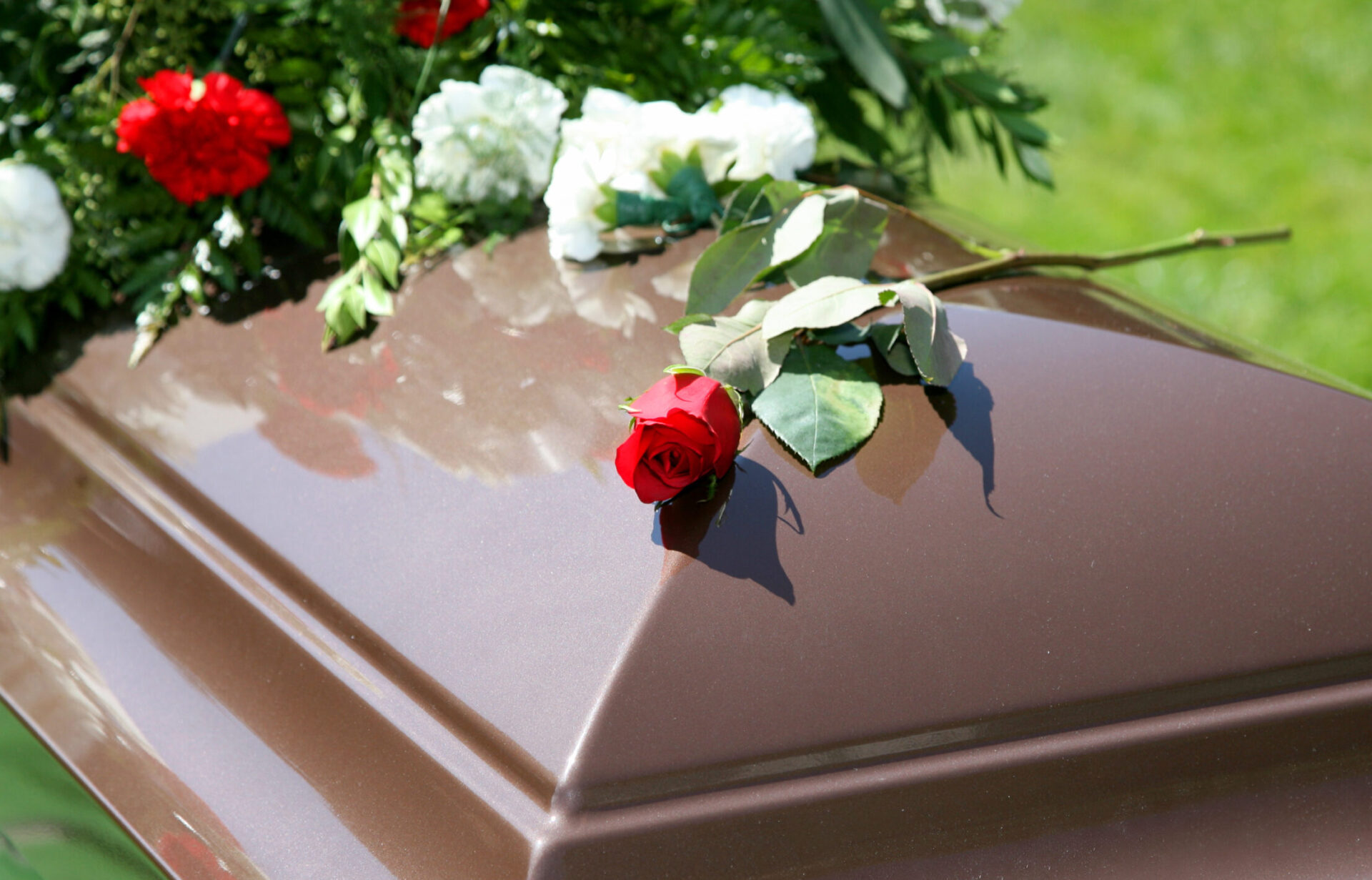
December 22, 2022
Philadelphia Man Who Wrongfully Served on Death Row for 25 Years Fatally Shot at Funeral
An exonerated Philadelphia man who served nearly three decades on Pennsylvania death row was fatally shot while attending a funeral service Friday afternoon.
According to The Philadelphia Inquirer, Christopher Williams, a father of six, was shot in the head while driving as part of a funeral procession for Tyree Little, another formerly incarcerated man, in North Philadelphia.
The shooting at Mount Peace Cemetery comes more than two years after Williams’ homecoming from prison in February 2021. He spent 25 years on Pennsylvania death row before being exonerated of four murders.
When he stepped out of his vehicle, Williams was struck once in the head by a bullet around 2:20 p.m. Friday. He was later pronounced dead at the hospital.
No arrests have been made.
In addition to his exoneration, Williams had also been acquitted of two more murders. In January 1992, a Philadelphia County jury convicted Williams of 19-year-old Michael Haynesworth‘s murder and later implicated him in the murder of 19-year-old Marron Genrette, according to the National Registry of Exonerations.
On a separate occasion, another jury found Williams and co-defendant Theophalis Wilson guilty of the 1989 murders of three young men — 22-year-old Otis Reynolds, 19-year-old Gavin Anderson, and his 17-year-old brother, Kevin Anderson.
Williams was subsequently sentenced to death on the basis of “false jailhouse informant testimony, extensive undisclosed evidence, and forensic evidence that directly contradicted the informant’s story,” per The Inquirer. “He was a soldier, a trooper, a champion for justice,” said Terrance Lewis, a formerly incarcerated man who was recently exonerated. “He was still learning how to give back. His life just began, and it was taken from him.”
In the two years since his release, Williams worked in construction. His sister, Maxine Mathis, said that her brother wanted to start his own construction company and to establish a reentry program for those leaving prison.
“He had come to the realization and understood that he had more time behind him than he had in front of him,” Mathis said. “And no matter what, he was going to apply himself to building a real family legacy, something he could leave behind that his children and family could be proud of. Like we’re not already proud of him, the fact that he did what he did, and stayed the course in order to win his freedom.”